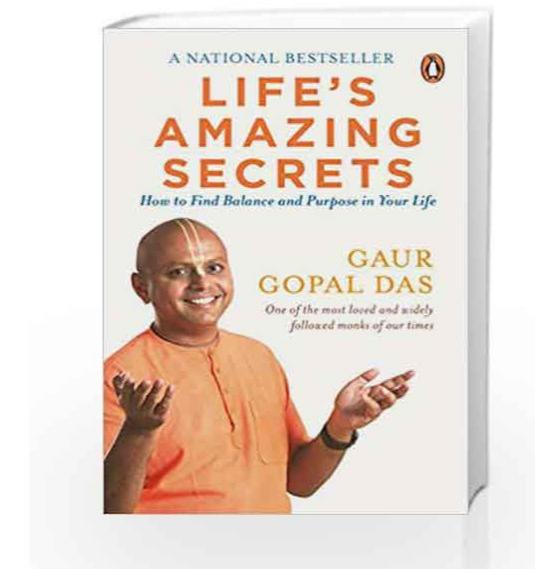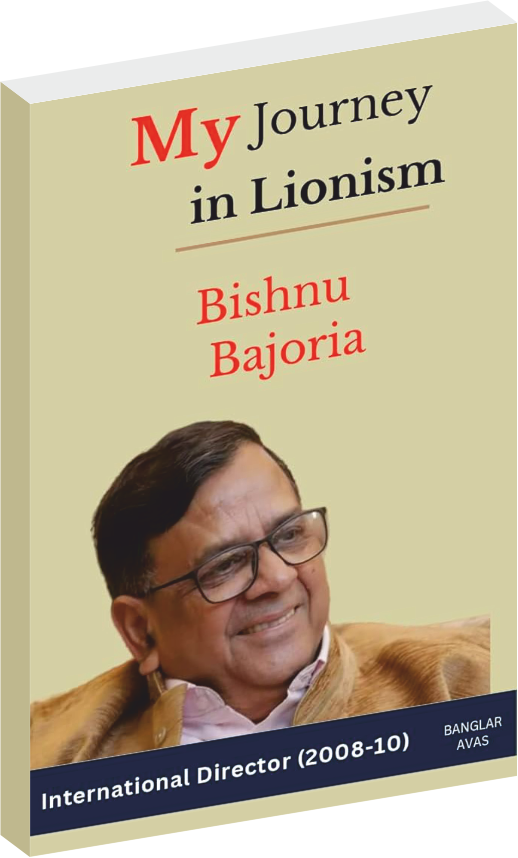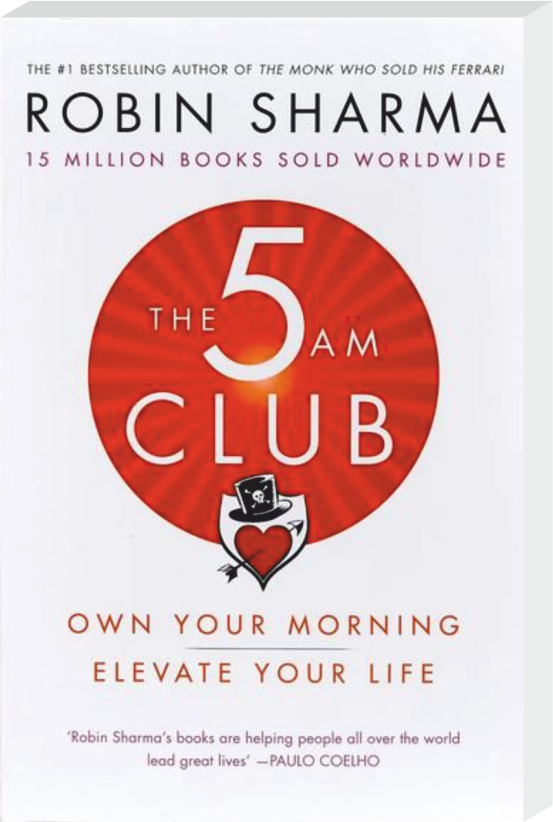
Ever wondered what books inspire those who inspire us? In this feature, we peek into the reading lives of our Lions leaders. From current page-turners to life-changing classics, we explore how the written word shapes their thoughts, actions, and visions for service.
In this issue, we speak to PID R. Sampath on his favourite books, how his taste in books has evolved over the years and the books that have shaped his leadership path.
What are you currently reading, and what valuable insights or lessons have you gained from it?
I’m currently reading Walter Isaacson’s biography of Elon Musk. The book shares some amazing insights into the extraordinary life of one of the most innovative minds of our time. What drew me to this book was its exploration of how determination and visionary thinking can transform industries. The biography offers a fascinating look at Musk’s problem-solving approach and his willingness to challenge conventional wisdom. I appreciate how it details both his successes and struggles, providing a nuanced view of innovation and leadership. What I find most compelling is the insight into how someone can remain focused on long-term goals despite facing significant obstacles and criticism along the way.
In our digital age, how do you balance traditional reading with podcasts, audio books or online learning? What works best for you?
I dedicate an hour each morning to traditional reading, which remains my preferred format. I incorporate podcasts into specific time slots throughout my day, while audio books and online learning fit perfectly during travel—particularly on flights and during airport waits. I have several friends with excellent personal libraries who generously share books of interest, which enhances my traditional reading experience.

What book has taken you on the most unexpected journey this year? Where did it lead you?
‘Life’s Amazing Secrets’ by Gaur Gopal Das took me on an unexpected journey this year. The book led me to profound realizations about happiness—that it doesn’t reside in possessions, gold, or any materialistic things; it is not even in the positions you hold in the Associations or in any work we do. It lies in our finding a place in the hearts of others.
The book also provided answers to ongoing personal struggles by teaching me the value of kindness, listening, and patience. The journey taught me to live with gratitude for my present circumstances rather than dwelling on the past. I learned that adapting our approach to different people and circumstances is essential for harmonious relationships.
During difficult times, the book revealed how spirituality can be a source of strength, reminding me that we are spiritual beings having a human experience. It emphasized the importance of offering constructive feedback when necessary, focusing on the good in others, and embracing forgiveness. Perhaps most significantly, the book’s exploration of selfless sacrifice—like candles giving light until they’re extinguished—inspired me to consider the lasting impact I hope to create in my own life.
Do you have any favorite book that you keep going back to again and again? What draws you back to it?
‘Life’s Amazing Secrets’ by Gaur Gopal Das has become my personal reference guide that I return to repeatedly. What draws me back is how it offers practical wisdom for navigating life’s complexities with grace. The book provides clear guidance for responding thoughtfully in various situations, helping me approach challenges with more perspective. I appreciate its accessible insights on human relationships and personal growth. Each time I revisit it, I discover new applications for its timeless principles, which consistently help me strive to be more compassionate and mindful in my interactions with others.
If you could have dinner with three authors, living or dead, who would they be and what would you ask them?
The three authors I would like to have dinner with are: Gaur Gopal Das, Shiv Khera, and Swami Paripoornananda.
I would ask Gaur Gopal Das how to release the stress from past actions made under difficult circumstances. With Shiv Khera, the leadership expert, I’d discuss how to make a meaningful impact in society by developing an authentic leadership style—one that inspires rather than dictates, motivates team members through genuine connection, and creates lasting positive change. From Swami Paripoornananda, I would seek guidance on creating a life blueprint focused on doing good, offering constructive feedback without causing harm, and leaving a positive legacy that meaningfully touches others’ lives.
Many of us read biographies for inspiration. Which leader’s story has particularly resonated with you and how has it influenced you?
The biography ‘My Journey in Lionism’ by PID Bishnu Bajoria offers remarkable insights into exemplary leadership. It chronicles how a person from a small West Bengal village successfully balanced personal growth, leadership development, business ventures, and community service while traveling internationally and managing family responsibilities. Recognized as a distinguished leader in the petroleum industry, PID Bajoria is connected with numerous permanent projects, trade associations and chambers of commerce. His leadership style—marked by simplicity and thoughtful, measured communication—has profoundly influenced me. I particularly admire his unwavering conviction and sound judgment, qualities I continually strive to emulate.

I also had the privilege of both working with PID N. R. Dhanabalan and reading his biography which was part of a book ‘Mani Vizha Malar,’ published for his 60th birthday celebration. Going through the book, I learnt a great deal about his leadership qualities coupled with his service mindedness; something that was truly inspiring and worth emulating. His 50 years of hard work and dedication shaped him into a much-respected entrepreneur, educationist, politician, hotelier, petroleum dealer, and humanitarian leader. His accomplishments demonstrate how service can also bring meaningful recognition, including his entry in the ‘Limca Book of World Records’ for outstanding humanitarian work during his tenure as District Governor.

Which book has given you the most practical tools in personal growth? How have you applied them?
‘The 5AM Club’ by Robin Sharma has provided me with invaluable practical tools for personal growth. The book’s structured approach to owning the morning hours has transformed my daily routine. By rising early, I’ve implemented the 20/20/20 formula—dedicating 20 minutes each to physical exercise (reducing stress), meditation, and reading for knowledge enhancement. This morning ritual has allowed me to plan my day effectively, maximize productivity, optimize my health, and maintain serenity despite today’s overwhelming complexities. Perhaps most significantly, this practice has created precious time with my family, balancing the late hours often required by my business and social commitments. The book’s practical wisdom has helped me create harmony between professional obligations and family life, something I previously struggled to achieve.
If you were to write a book about your life journey, including your Lions experience, what unexpected chapter titles would capture your most meaningful moments?
If I were to write a book about my life journey, the chapter titles ‘Conquer Challenges’ and ‘Winning Hearts’ would capture my most meaningful moments. ‘Conquer Challenges’ would chronicle how overcoming personal and professional obstacles shaped my resilience and perspective. ‘Winning Hearts’ would explore how building genuine connections—particularly through my Lions service—created the most fulfilling aspects of my leadership journey.
Among all the books you’ve read about service and leadership, which three would you consider essential reading for anyone wanting to make a difference in their community?
I have read numerous books on service and leadership, but three stand as essential reading for anyone seeking to make a meaningful difference in their community: ‘Sri Sai Satcharitra,’ ‘My Journey in Lionism’ by Bishnu Bajoria and the teachings of Sri Krishna in the ‘Bhagavad Gita.’
How do you choose what to read next? Are you a planned reader or do you follow intuition?
I am not a planned reader. Many of my reading selections come from books gifted to me by colleagues and hosts when I’m invited as a speaker, whether for Lions events or other engagements. Additionally, my involvement with several educational institutions places me in literary association seminars where I receive valuable recommendations. This organic approach to discovering books has created a rich and unexpected reading journey that I find more rewarding than following a structured reading plan.

